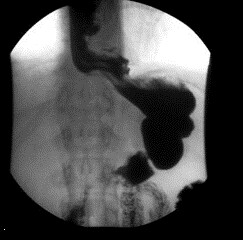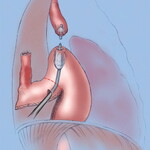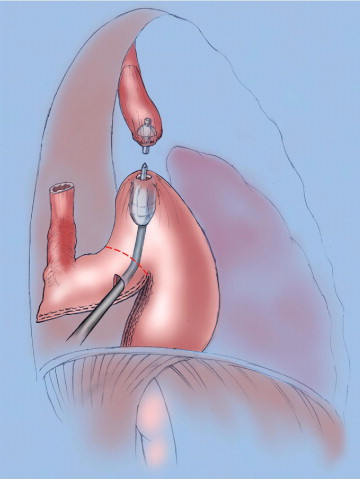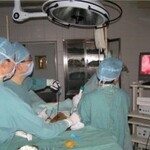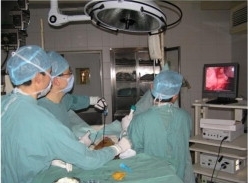Cancer is an abnormal growth of cells (the building blocks that make up the tissue and organs in the body).Old or damaged cells usually die, and new cells take their place. But sometimes, the process goes wrong or a single cell starts to grow uncontrollably until it becomes a mass of tissue called a tumor. Sometimes, tumors are benign and are not life threatening; other times, the tumors are cancerous (malignant) and can invade surrounding tissues or spread to other areas of the body.
The American Cancer Society (ACS) estimates that about 17,000 new cases of esophageal cancer will be diagnosed and nearly 16,000 patients will die from esophageal cancer in 2015 in the United States. The incidence of esophageal cancer is higher in other areas of the world, such as Asia and Africa. Four out of five cases of esophageal cancer in the US occur in men.


